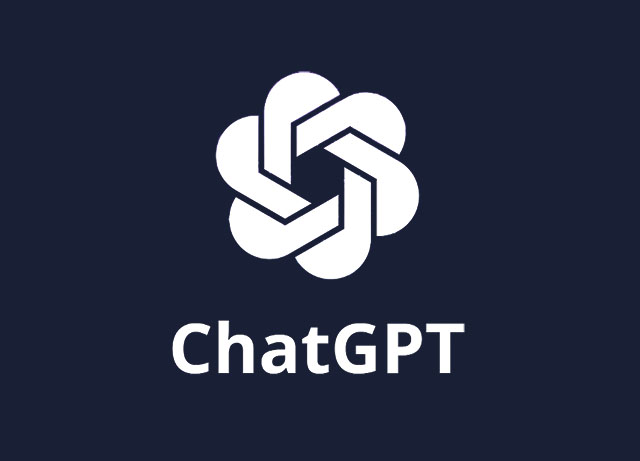Top 10 industries set for huge growth and fast cash in combination with ChatGPT
As ChatGPT becomes more and more popular, technology companies around the world are focusing on artificial intelligence, and ChatGPT applications will become more and more popular in the near future, as people use ChatGP and other AI-based algorithmic platforms to develop more applications that will benefit technology and life. So let's take a look at the ways in which ChatGPT will change people's lives.
1. Customer service and support services: ChatGPT can be used as a virtual customer service or intelligent customer service system to automatically answer customer questions and provide online support. This can increase customer satisfaction and save manpower costs. For example, some e-commerce platforms or online service companies are using ChatGPT to provide customer service.
2. Media and content creation: ChatGPT can be used for tasks such as automatic news summaries, article generation, text proofreading and speech-to-text. This can help media and content creators to increase productivity and reduce costs. For example, some news organisations and content platforms are using ChatGPT to automatically generate articles and stories.
3. Marketing and advertising: ChatGPT can be used for tasks such as ad copy generation, intelligent recommendations and social media marketing. This can improve marketing effectiveness and attract more customers. For example, some advertising agencies are using ChatGPT to automatically generate ad copy and design.
4. Finance and insurance: ChatGPT can be used for tasks such as intelligent customer service, risk assessment and credit scoring. This can improve the efficiency and accuracy of financial and insurance services. For example, some banks and insurance companies are using ChatGPT to provide automated customer service and risk assessment.
5. Medical and health: ChatGPT can be used for tasks such as intelligent diagnosis, health management and medical consultation. This can improve the quality and efficiency of healthcare services. For example, several medical institutions and health management platforms are using ChatGPT to provide intelligent consultation services and health management.
6. Education and training: ChatGPT can be used for tasks such as intelligent tutoring, voice interaction and knowledge mapping. This can improve the effectiveness and efficiency of education and training. For example, some online education companies and training institutions are using ChatGPT to provide intelligent learning and coaching services.
7. Logistics and transport: ChatGPT can be used for tasks such as intelligent customer service, traffic management and transport planning. This can improve the efficiency and accuracy of logistics and transport services. For example, some logistics companies and traffic management agencies are using ChatGPT to provide intelligent customer service and transport planning.
8. Games and entertainment: ChatGPT can be used to automatically generate tasks such as game plots, character dialogues and hint messages. This can improve the fun and playability of games. For example, some game developers are using ChatGPT to generate game content and storylines.
9. HR and recruitment: ChatGPT can be used to automate tasks such as screening CVs, generating interview questions and conducting recruitment campaigns. This can improve the efficiency and accuracy of human resource management and recruitment. For example, some companies and recruitment agencies are using ChatGPT to improve the efficiency and quality of recruitment.
10. Social and consulting: ChatGPT can be used for tasks such as online chat, voice interaction and knowledge Q&A. This can improve the quality and efficiency of social and consulting services. For example, some social media platforms and online consulting companies are using ChatGPT to provide intelligent chat and consulting services.
In terms of how ChatGPT is commercially available, it usually requires model training and deployment first. Model training requires large amounts of data and computational resources, and usually requires specialist data scientists and engineers to design and implement. Model deployment requires integration of the model into specific business scenarios and usually requires developers to perform system integration and custom development. Realisation methods include subscription services, paid APIs and licensing, which need to be selected and adapted to the actual situation.
As the technology continues to evolve, the commercial application of ChatGPT will become more and more promising. However, it is important to note that commercial applications of ChatGPT need to take into account data security, privacy and ethical considerations to ensure compliance and sustainability of the business.
Related Article
-

Compared to chatgpt, DeepSeek: A Journey of Innovation and Growth
-

OpenAI Company Accused of Not Taking Security Seriously, Failing to Disclose and Report 2023 Breache
-

Overview of ChatGPT profile, impact of future development and concerns raised
-

Three types of tech workers most likely to be influenced by ChatGPT chatbots and AI

